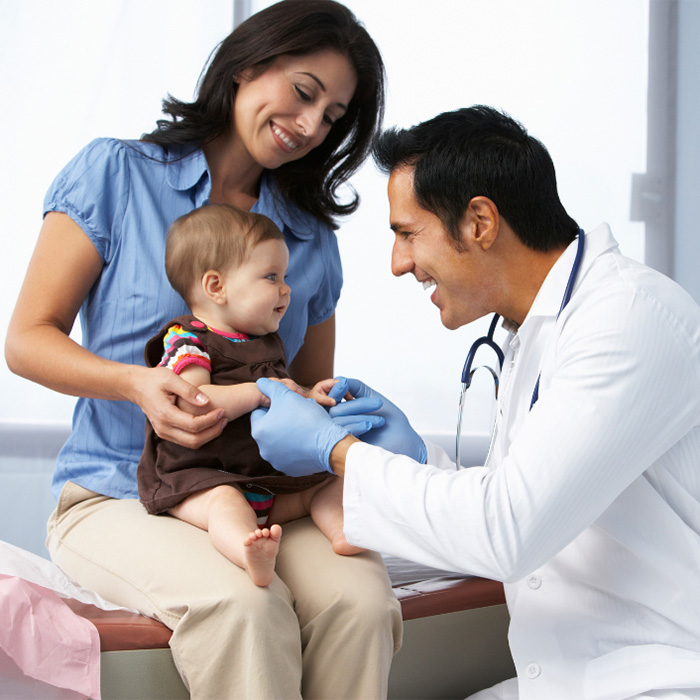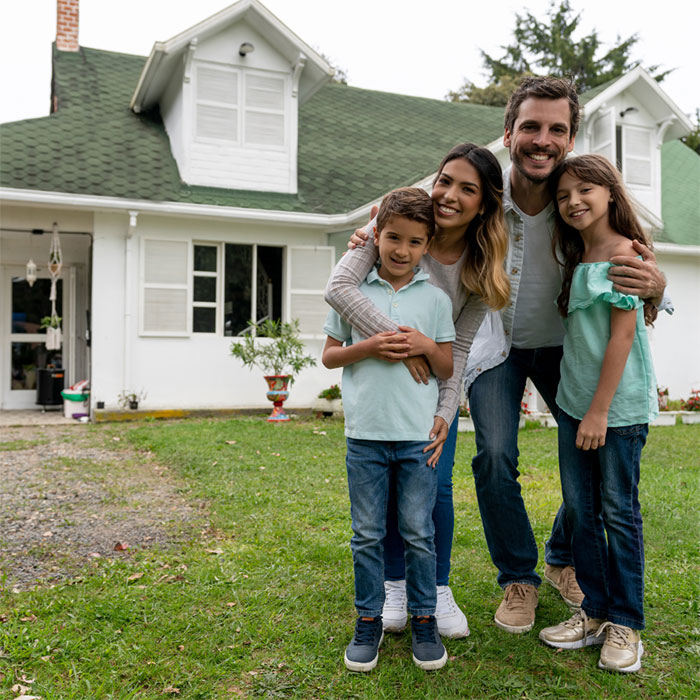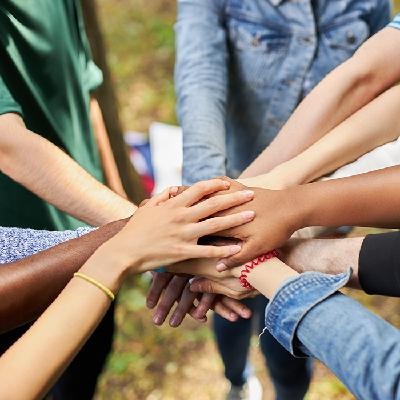Discover Environmental Health Chat
Environmental Health Chat

Environmental Health Chat
Author: NIEHS Partnerships for Environmental Public Health
Subscribed: 136Played: 970Subscribe
Share
© no copyright
Description
This podcast series explores how environmental exposures affect our health. Each short episode highlights ways researchers work in partnership with community groups to understand and address environmental health issues.
97 Episodes
Reverse
In this episode, we’ll hear from NIEHS-funded researcher Staci Bilbo, Ph.D., who studies how environmental exposures and stress, especially during early development in the womb, influence children’s brain and behavioral development.
In this episode, we’ll learn how the NIEHS Pediatric and Reproductive Environmental Health Scholars (PREHS) program is teaching health care professionals about the many interactions that occur between children, pregnant women, new mothers, and their environment.
In this episode, Ellen Hahn, Ph.D., discusses her work to increase radon awareness and testing in rural Kentucky and help residents take action to reduce their exposure at home.
In this episode, Jane Hoppin, Sc.D., discusses how she helped launch a study to address North Carolina residents’ concerns following the discovery of PFAS in their drinking water. She also provides tips to reduce one’s exposure to PFAS in drinking water.
In this episode we talk with Marilyn Howarth, M.D., who works with community partners to better understand the factors associated with lead exposure across Philadelphia. As part of a community project, she and the team created a map that combines socioeconomic, demographic, and soil lead data to show exposure risk across Philadelphia neighborhoods. Howarth discusses how the map can help decision makers identify and prioritize neighborhoods for cleanup and offers tips to reduce lead exposure.
In this episode, Mónica D. Ramírez-Andreotta, Ph.D., discusses how participatory research can generate change in the social, economic, and political structures that drive many environmental health disparities.
In our second episode exploring the exposome, Melanie Pearson, Ph.D., discusses how incorporating community perspectives into the exposome concept could help researchers better understand the totality of lifetime exposures and improve human health.
In part one of our two-episode series on the exposome, Douglas Walker, Ph.D., will discuss how the field of exposomics is transforming environmental health research. Walker also talks about challenges in the field and opportunities for exposomic research to improve public health.
In this episode, we’ll hear from Jeff Burgess, M.D., who has been a leader in the field of firefighter health and safety research for more than 30 years. Burgess discusses the health risks of firefighting and shares best practices to reduce occupational exposures and improve firefighter health.
In this episode, we’ll hear from Jochem Klompmaker, Ph.D., a research fellow at Harvard University who led one of the largest studies to date examining the link between the natural environment and neurodegenerative disease risk. Klompmaker discusses how access to nature may protect against Alzheimer’s and Parkinson’s and the implications of his findings for creating greener communities.
In this episode we’ll hear from Johnathan Levy, Sc.D., an environmental health researcher who has studied gas stove emissions for more than two decades. Levy discusses how pollutants released by gas stoves can harm health and the environment. He also offers tips to reduce indoor air pollutants and health risks associated with gas stoves.
In this episode we’ll hear from Anna Goodman Hoover, Ph.D., a public health researcher at the University of Kentucky, and Nina McCoy, who leads the group Martin County Concerned Citizens. They are working with residents in rural eastern Kentucky who are concerned about high levels of disinfection byproducts detected in their drinking water. Hoover and McCoy discuss potential health effects of long-term exposure to disinfection byproducts and an NIEHS-funded community-engaged project to raise local awareness of these compounds in drinking water and reduce exposure to them.
When hazardous materials are spilled or released, specially trained workers must respond to minimize the health and safety risks posed to people, communities, and the environment. In this episode we’ll hear from two NIEHS grantees who are using cell phone-based technologies to enhance health and safety training for hazardous materials workers.
In this episode, Sappho Gilbert, a doctoral candidate at Yale University School of Public Health, discusses her NIEHS-funded project to better understand how climate change and other environmental factors are altering food security and nutrition among Inuit communities in the Canadian Arctic.
In this episode, Kari Nadeau, M.D., Ph.D., talks about how climate change and air pollution affect children’s health. She also discusses what health care professionals, policy makers, and parents can do to better protect kids from climate change- and air-pollution-related health impacts.
In this episode, Laurel Schaider, Ph.D., talks about how PFAS exposures affect health and how communities can learn more about this large class of chemicals, including ways to reduce exposure.
In this episode, we hear from Elizabeth Shapiro-Garza, Ph.D., from Duke University, and Veronica Carter, with the North Carolina Coastal Federation. They discuss “Stop, Check, Enjoy!” a campaign to help fishers in southeastern North Carolina understand the risks of consuming certain fish from the Cape Fear River. They also share tips on how to choose, prepare, and cook fish to reduce exposure to harmful contaminants.
In this episode, George Bullerjahn, Ph.D., discusses a community science program in which charter boat captains and the U.S. Coast Guard work with researchers to collect water samples from Lake Erie. These samples provide NIEHS-funded researchers the robust data they need to monitor, predict, and mitigate harmful algal blooms.
In this episode, we’ll hear from Rachel Morello-Frosch, Ph.D., who discusses how historical policies have shaped disparities in health and environmental exposures today.
In this episode we’ll hear from Joan P. Packenham, Ph.D., who directs the Women’s Health Awareness program at NIEHS. She discusses women’s health disparities and why it’s important to include women – especially those from understudied, underrepresented, and underreported groups – in biomedical research. Packenham also talks about the program’s community engagement efforts, including the Women’s Health Awareness Conference, an annual event that brings women together to take control of their health and address environmental health challenges in their communities.

























I have a pesticide corporation, that was really useful to me🙏❤️